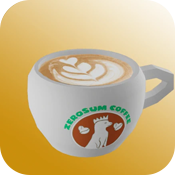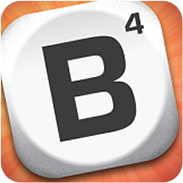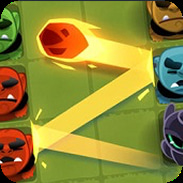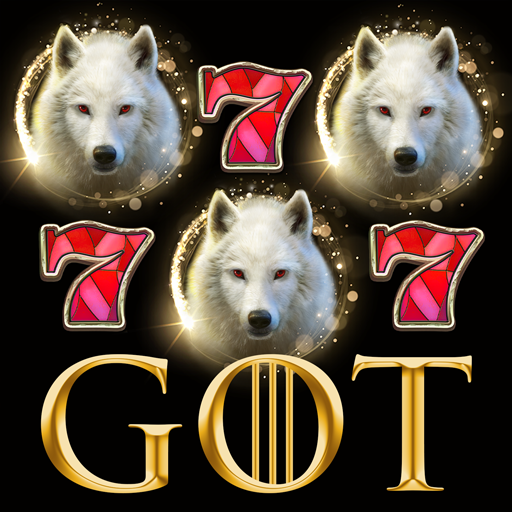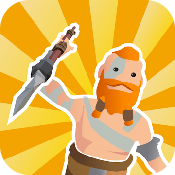February 2023 | Black History Month | Employee Spotlight Intro — Alex Chaney
It is a privilege to honor Black History Month.
Rooted in an event that began as a week-long celebration in February 1926 by the Association for the Study of Negro Life and History (ASNLH), the celebration inspired schools and communities across the country to organize local celebrations, establish history clubs and host performances and lectures. The mission of the organization (later known as the Association for the Study of African American Life and History), founded by Carter G. Woodson and Jesse E. Moorland, is to promote, research, preserve, interpret, and disseminate information about Black life, history, and culture to the global community.
In the mid-1960s, it was extended to a month-long event — and in 1976, the first official, federal observance began with President Gerald Ford.
This year, we celebrate Black History Month in a myriad of ways, through the lens of what Black History Month means to our employees.
One way that we amplify Black voices is through our Employee Spotlight series. This week, you’ll get to know Christian Simpson, our Diversity and Learning Specialist; Alex Chaney, a Principal Cloud Engineer; and Amelia Avery-Bradley, our Senior Manager of Diversity, Equity, and Inclusion. They discuss how they landed at Zynga, what their role really means, what it means to be a person of color in technology and gaming, their thoughts on what we need to create positive change for the future — and so much more.
Thank you to Christian, Alex, and Amelia for being a part of this series.
Alex Chaney, Zynga Principal Cloud Engineer

Tell us how you came to Join Zynga.
My marriage to Zynga was completely by chance. After passing the Zynga building in Austin every day, I decided to see what kind of technology Zynga was using by reviewing the tech openings and their requirements. I had no intention of actually applying until I saw a Senior DevOps Engineer position with the Game of Thrones Slots Casino team — It was an opportunity I felt was too good to ignore. Fast forward a week later, and I was signing my offer letter — I haven’t regretted that decision for a moment.
Prior to that fateful event, I spent more than 30 years as a Computer Systems Engineer. I built enterprise solutions for companies including Citibank, Experian, Morgan Stanley, the Department of Defense, Google, Rackspace, AT&T, Verizon, and many more.
Please describe your role here at Zynga.
I’m a Principal Cloud Engineer working with the Central Tech Cloud Engineering Team. My role is to create and maintain systems and solutions that help our game teams build and deploy robust cloud-based game infrastructure. Currently, I’m refactoring our global Configuration Management Database System — which tracks and configures all cloud-based systems at Zynga — for cost optimization, improved performance, and robust scalability.
What do you appreciate most about the culture at Zynga?
The easy answer is the culture of inclusion and openness — next is the culture of collaboration.
Whether it was when I was a Senior DevOps Engineer on the Game of Thrones team or as a Cloud Engineer with the Central Technology team, everyone I’ve had the pleasure to work with demonstrates an absolute eagerness to communicate, explain, or just roll up their sleeves and help at a moment’s notice.
What does it mean to you to be a person of color in technology and gaming?
From a cultural perspective, it means you have to be prepared to take the journey alone. I’ve been an engineer for over 30 years and in that time, I’ve almost always been the only engineer who’s a person of color, either on my team or within the company I worked for. There simply are not enough people of color, especially black men, represented in engineering in any capacity.
It’s a shame, because engineers in technology continue to lead in available opportunities, potential income, freedom of work styles, and things to learn. Much of this is because many young people of color continue to see technology as a nerdy, uncool, and complex career path. It’s about exposure — you can’t really want something if you don’t know what it is. This is why I introduce myself as simply an engineer — an engineer solves problems, that’s it. In my case, I solve technology-related problems, and if more people see it as simply that, then maybe, hopefully, we can attract more young people of color into this field.
Also, with the explosion of technological breakthroughs in the areas of Artificial Intelligence, Machine Learning, Augmented Reality, Autonomous Androids, and Robots, and even man’s race to Mars, if more people of color don’t get involved now, we will become even further under-represented and under-served in key areas that are set to radically change everything about how we live.
What do you feel is needed to create positive change for the future?
Mentorship. I might not have made it from the troubled streets of the South Side of Chicago to traveling around the world establishing a solid 30-year engineering career had it not been for my mentors.
Yes, I was the one who put in the hard work and graduated from college, but it was my mentors who helped me see what was possible, to understand what it is to be an engineer, to help point me in the right direction, to provide sage career advice along the way, and to help me identify and measure my opportunities. I would love to see more people commit to making themselves available to others in the same fashion. Great advice goes a long way to opening your mind to possibilities.
Who is a change agent you are inspired by and why? i.e. Dr Martin Luther King or Marcus Garvey
I’m inspired by Mamie Elizabeth Till-Mobley, mother of Emmett Till, the 14-year-old boy who was murdered in Mississippi on August 28, 1955, after accusations that he had whistled at a white woman.
No parent should ever have to bury their child. It is, for me, an unimaginable pain. When you consider the shockingly savage way that her son Emmett was murdered, you could understand the strength and courage necessary for her to use her son as a powerful tool to bring awareness and start dialog about the state of racial affairs in the deep south by insisting that the casket containing his body be left open, because, in her words, “I wanted the world to see what they did to my baby.” This sad event helped shine a light on the continued injustice against people of color and turn a horrific negative into a powerful opportunity for positive change.
A fun part of cultural history months is celebrating what food means to culture. What is the food that best reflects you and your culture?
As I have had the fortunate opportunity to live in places around the world, I tend to consider myself more of a global citizen these days. As such, I’m reminded that the slave ships brought my African ancestors across the Atlantic and distributed them to nearly all countries in the Americas and Caribbean — but the vast majority went to Brazil to work the sugar plantations.
So, I include that entire diaspora of African-slave descendants as the basis of my culture. With that, I’m going with the Brazilian dish, Feijoada.
Feijoada is a collection of leftover pieces of meat from many different dishes made throughout the week. Those leftover pieces are saved and dried until the end of the week where they are combined and slow-cooked all day in a stew of black beans, then served over a bed of rice. Together, the flavor of each piece of meat enhances the flavor of the next, and they come together to make the most amazing dish. Just as this collection of leftovers and often discarded pieces of meat come together to create an amazing dish, the unique, oft overlooked, and mostly underserved community of the African diaspora, can come together and create amazing art, music, dance, and more.
Just like Feijoada, we can go from overlooked to unavoidable.
Sorry for the long Ted Talk…..lol
